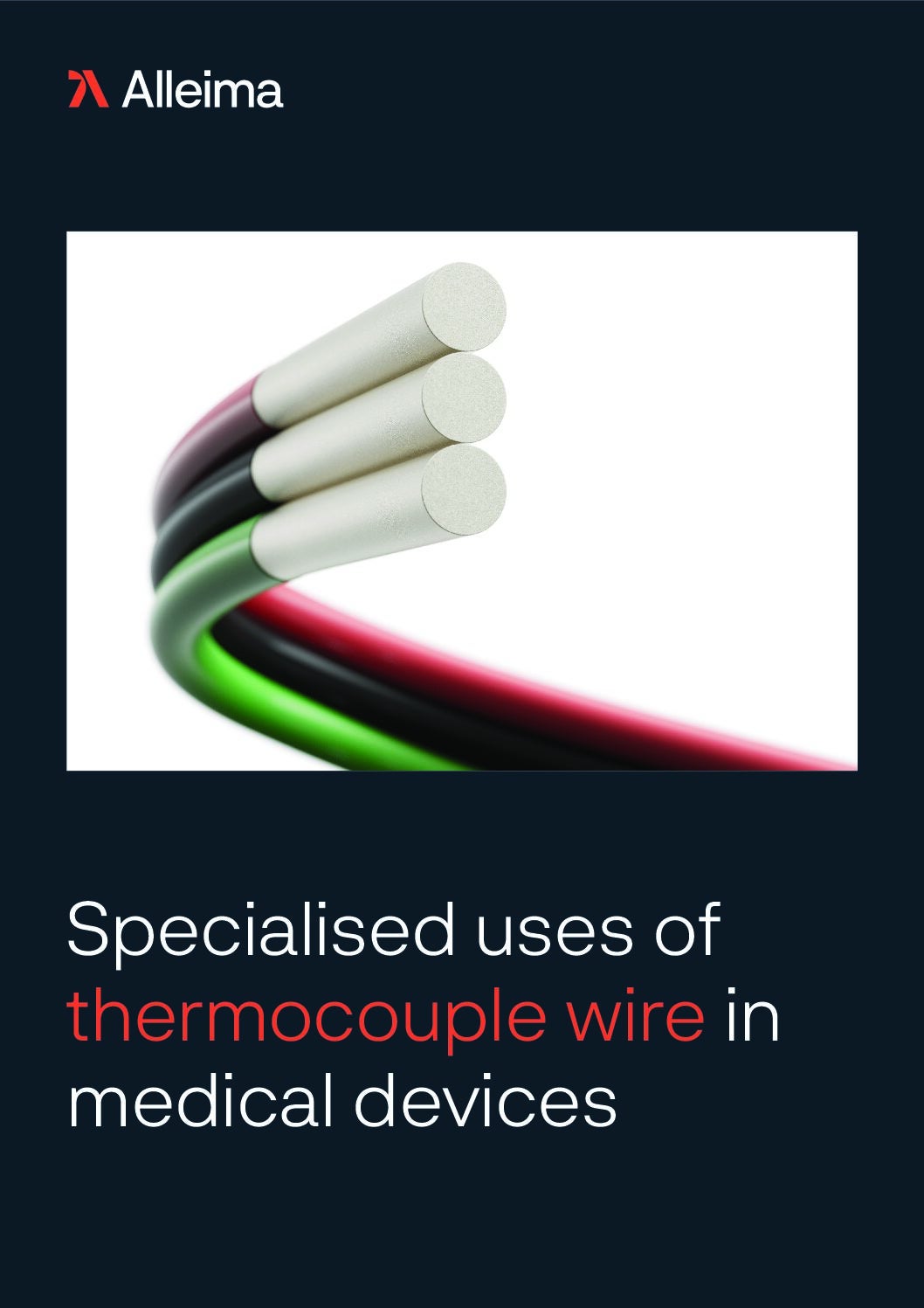
Following a biopsy where tissue samples have been removed, doctors may use a tool to leave a clip made of surgical-grade material. This marker will be visible on a mammogram, and it is vital for doctors to be able to identify the exact biopsy site, especially if the patient is undergoing chemotherapy which may change the size and shape of the area.
Some challenges associated with typical biopsy markers include that when the marker is pushed out of the applicator, it does not have the opportunity to fix into the tissue. While there are biopsy markers on the market that are designed to overcome this, it can take up to 24 hours for the marker to attach. This means that there is a risk that the marker migrates after the procedure, so doctors do not see an accurate biopsy site location in the mammograms that follow.
Further challenges occur if a patient has undergone more than one biopsy. In this scenario, it is likely that a doctor will use differently shaped markers in order to distinguish between the biopsy sites. However, the majority of markers are 2D, meaning that they can look vastly different depending on the angle they are being viewed from. An “X” shaped marker, for example, may look like a straight line if it is observed from the side.
Nitinol and shape-memory innovation
Endosmart,a Germany-based company acquired by Alleima last year, is trailblazing the use of nitinol in medical devices. Its product offerings include surgical instruments and components, such as kidney stone retrieval baskets and snares, as well as breast cancer tumour markers.
Nitinol’s unique shape memory properties means that it can easily overcome a number of challenges associated with biopsy markers. Firstly, nitinol can be compressed and loaded into an applicator so that when it is pushed out, it immediately returns to its original shape. This means that it can immediately fix itself into the tissue, removing the risk of the marker migrating.
Endosmart is also manufacturing markers in a range of specific shapes so that doctors can leave different markers when carrying out multiple biopsies. Unlike most markers on the market, Endosmart is developing 3D marking systems that will be easily identifiable from any angle.
Alleima, a medical-wire component manufacturer that specialise in customised sensor wire and the nitinol experts from Endosmart are now together looking to combine their expertise and accelerate the use of nitinol in the medical industry where it can be a major benefit to both patients and healthcare providers alike.
For more information about nitinol or medical materials, visit Alleima’s website.



